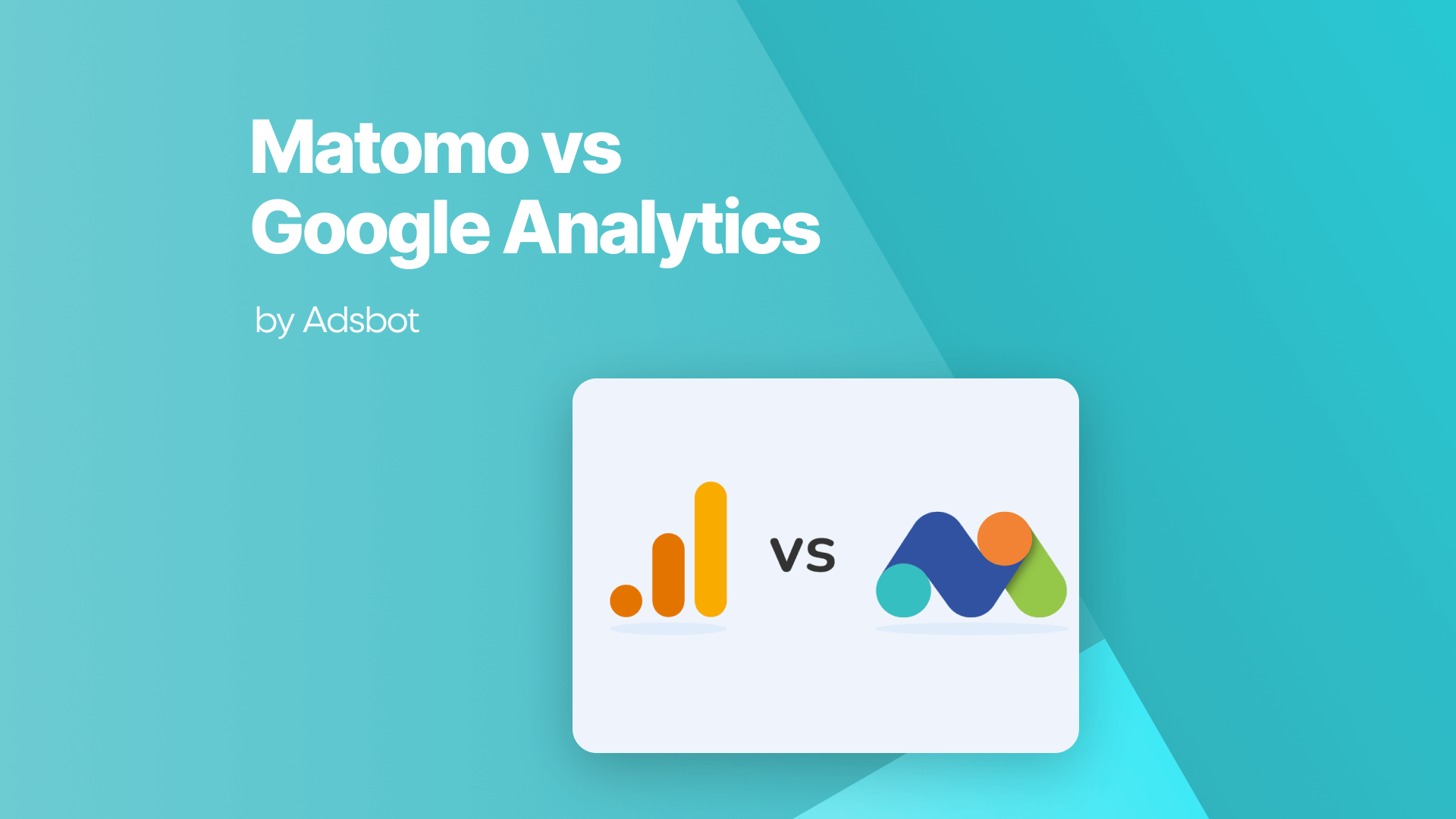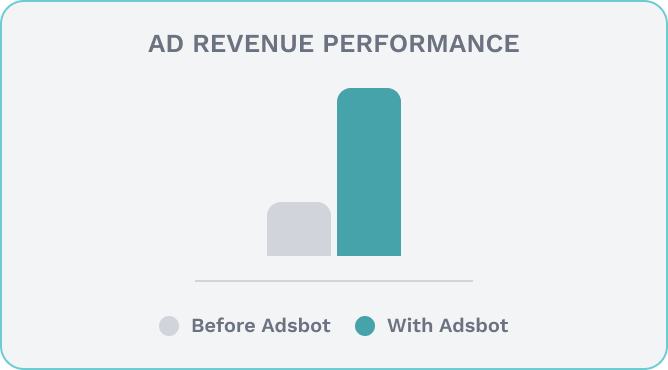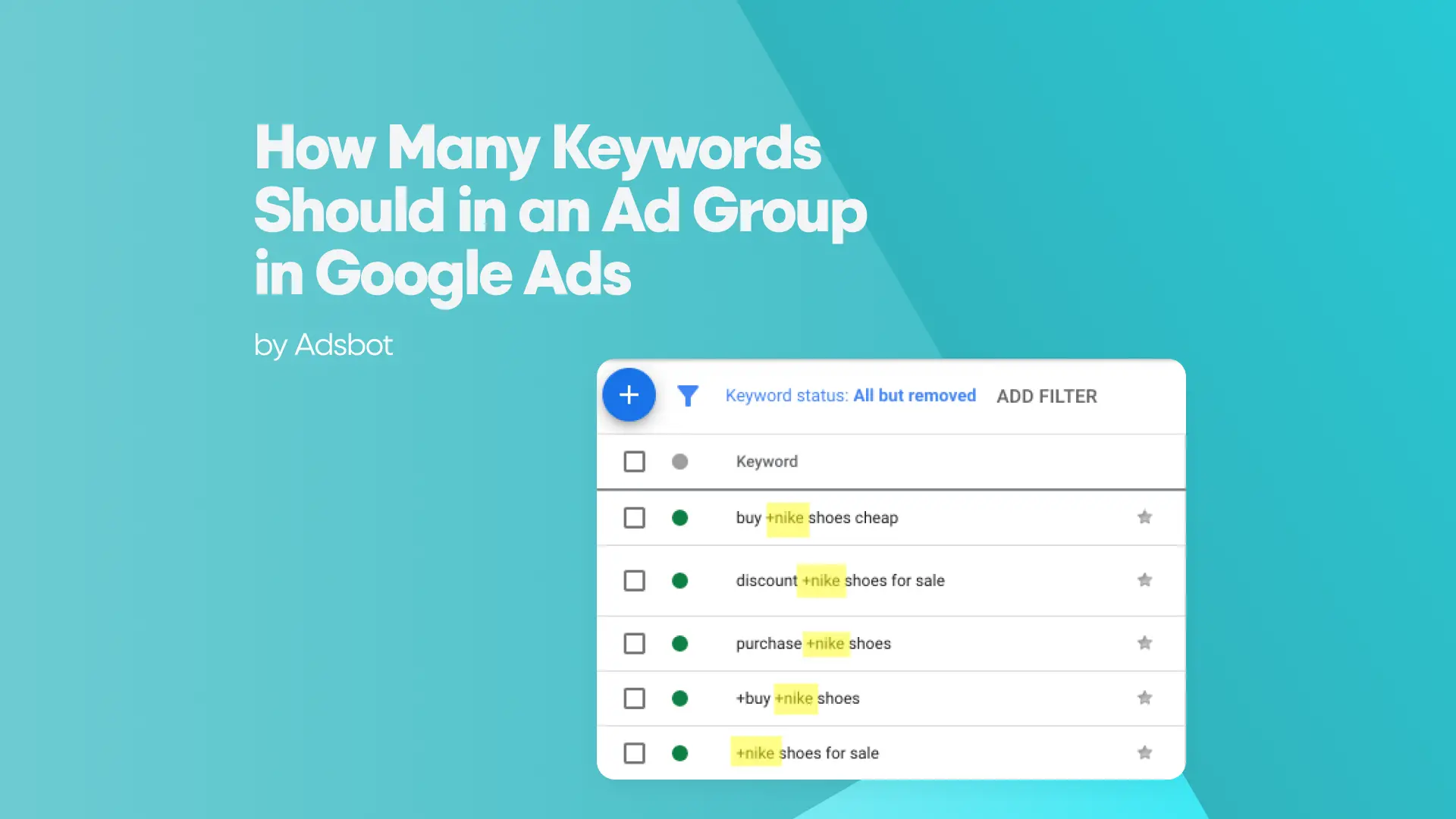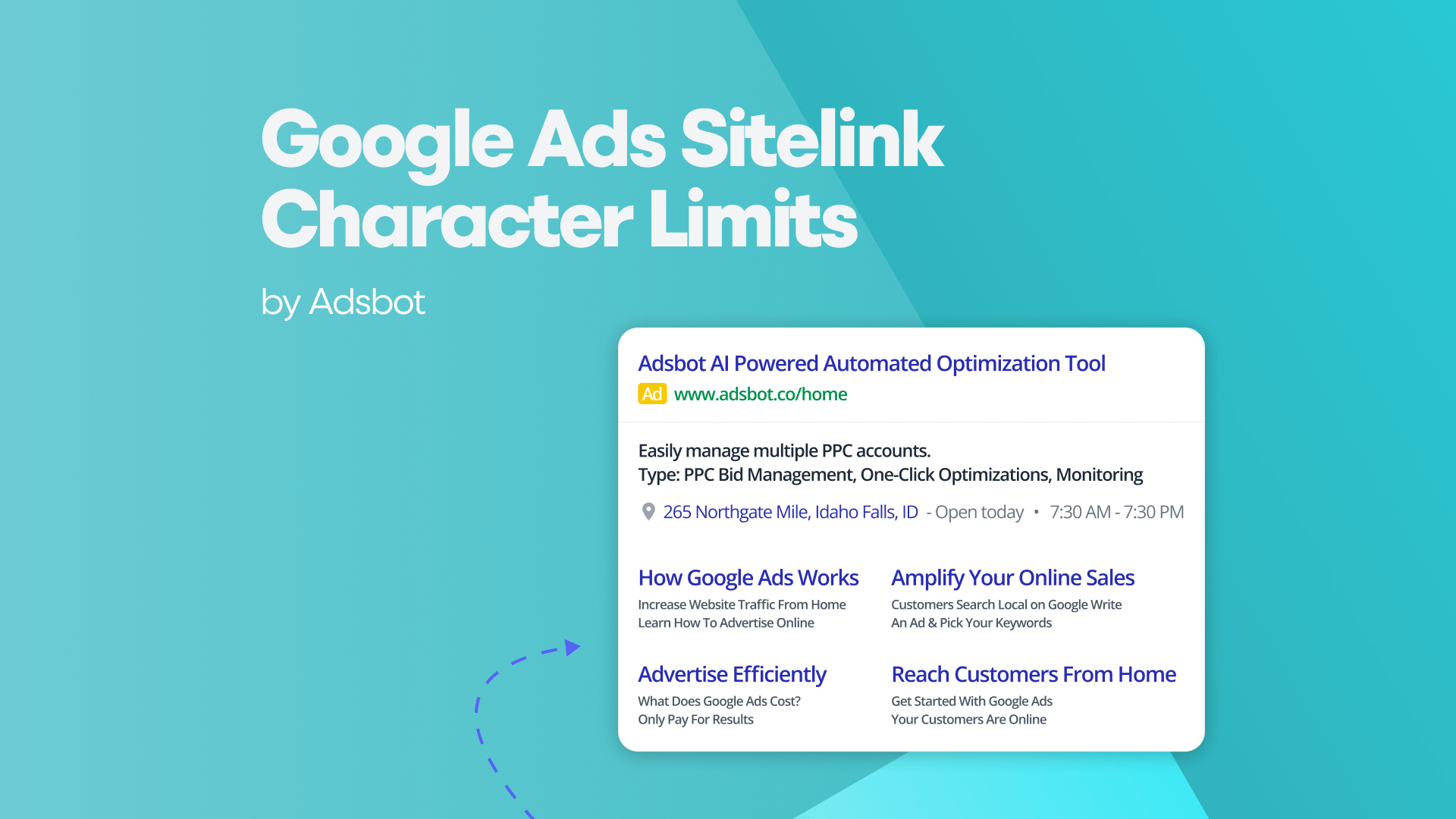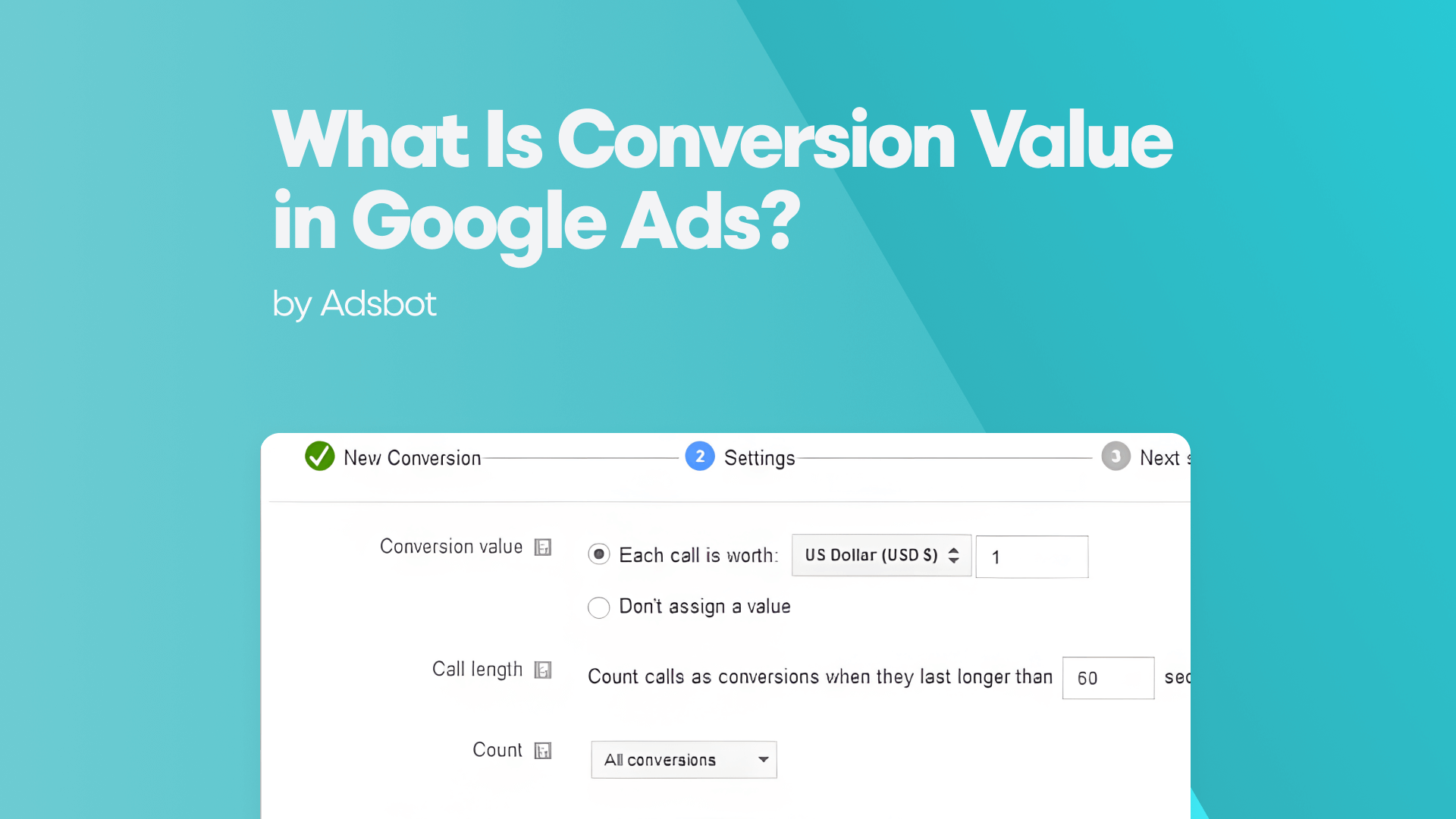In the digital age, data is king, and understanding your website’s performance is essential for making informed decisions and driving success online. When it comes to web analytics, two popular platforms stand out: Matomo and Google Analytics. Both offer powerful insights into user behavior and website performance, but they have distinct features, advantages, and limitations. In this comparison, we’ll explore the key differences between Matomo and Google Analytics to help you choose the right analytics platform for your needs.
- Ownership and Data Control:
- Matomo: Formerly known as Piwik, Matomo is an open-source web analytics platform that provides complete ownership and control over your data. You host Matomo on your own servers, giving you full control over data privacy, security, and compliance.
- Google Analytics: Google Analytics is a cloud-based analytics service provided by Google. While it offers powerful features and integrations with other Google services, you must agree to Google’s terms of service and data processing policies, which may involve sharing your data with Google for advertising and other purposes.
- Data Privacy and Compliance:
- Matomo: With Matomo, you have full control over data privacy and compliance. You can configure Matomo to anonymize IP addresses, respect “Do Not Track” preferences, and comply with regulations such as GDPR and CCPA.
- Google Analytics: While Google Analytics offers robust data privacy controls, including IP anonymization and data retention settings, your data is ultimately subject to Google’s privacy policies and data processing practices, which may not align with your organization’s privacy requirements.
- Customization and Flexibility:
- Matomo: Matomo is highly customizable, allowing you to tailor the analytics platform to your specific needs. You can create custom reports, dashboards, and tracking configurations, and even extend Matomo’s functionality with plugins and integrations.
- Google Analytics: While Google Analytics offers a wide range of features and integrations, its customization options are more limited compared to Matomo. However, it does provide advanced features such as custom dimensions and metrics, event tracking, and audience segmentation.
- Pricing and Cost:
- Matomo: Matomo offers both a free open-source version and a paid cloud-hosted version with additional features and support. The self-hosted version of Matomo is free to use, but you may incur costs for hosting and maintenance.
- Google Analytics: Google Analytics is free to use for most users, with premium features available through Google Analytics 360, which is a paid enterprise-level version of the platform. Pricing for Google Analytics 360 is based on usage and starts at a higher cost compared to Matomo.
- User Interface and Ease of Use:
- Matomo: Matomo’s user interface is intuitive and user-friendly, with customizable dashboards, reports, and data visualizations. It’s designed to be accessible to users of all skill levels, from beginners to advanced analysts.
- Google Analytics: Google Analytics has a comprehensive user interface with a wide range of features and options. While it offers powerful capabilities, the sheer amount of data and settings can be overwhelming for novice users.
- Support and Documentation:
- Matomo: Matomo offers extensive documentation, community forums, and support resources to help users get started and troubleshoot issues. Paid versions of Matomo include additional support options and dedicated assistance from the Matomo team.
- Google Analytics: Google Analytics provides online documentation, help articles, and community forums for support. However, direct support options are limited for free users, and access to premium support is available only to Google Analytics 360 customers.
In conclusion, both Matomo and Google Analytics offer robust web analytics solutions with unique features and benefits. Your choice between the two platforms will depend on factors such as data privacy preferences, customization requirements, budget considerations, and ease of use. Ultimately, evaluating your specific needs and priorities will help you determine which analytics platform is the best fit for your organization.
Popular Posts
-
How Many Keywords Should Be In an Ad Group in Google Ads?
For the vast majority of modern campaigns, the ideal number…
Read more -
Google Ads Script for Dummies: An Introduction
Imagine you have an e-commerce website that sells licensed superhero…
Read more -
Google Ads Sitelink Character Limits
Your Google Ads are cutting off in the middle of…
Read more -
What Is Conversion Value in Google Ads?
What if you could put a price tag on every…
Read more
Register for our Free 14-day Trial now!
No credit card required, cancel anytime.
